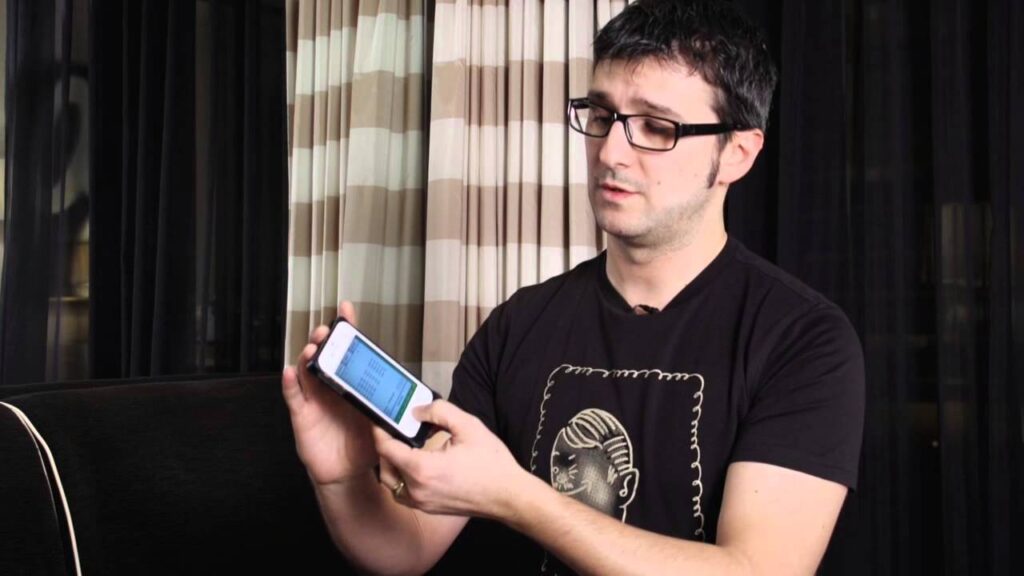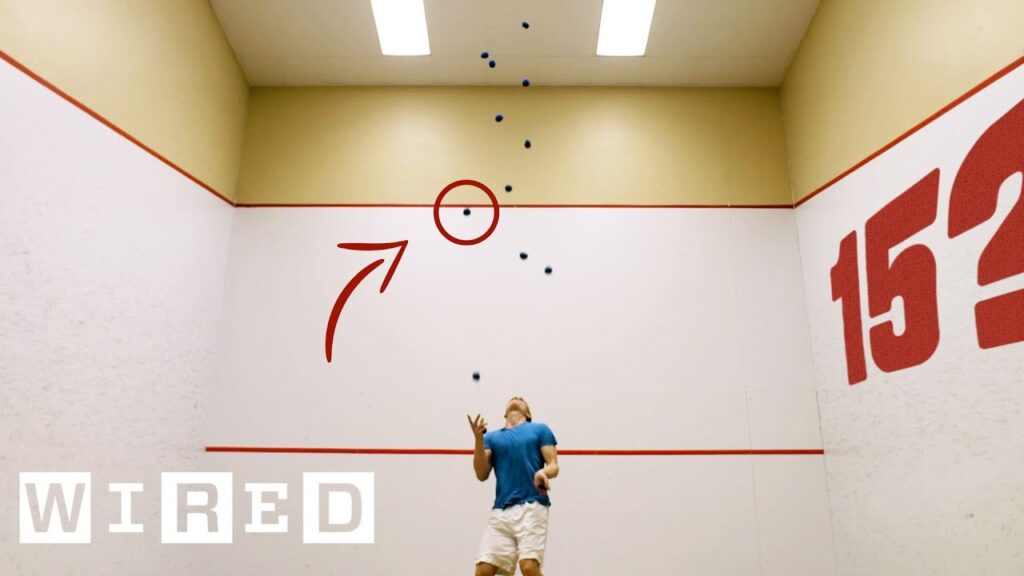Social Media Disruption in Marketing and Consumer Behavior
Summary
In this article, we will explore the impact of social media on marketing and consumer behavior. We will discuss the exponential growth of content shared on social media platforms, the dot-com bubble burst, and the inherent value social media creates in marketing. We will also highlight the importance of creating compelling and original content that is shareable, and how social media has made marketing more challenging due to the fixed supply of consumer attention and the growing demand for it.
The Biology of Social Media
Contrary to popular belief, social media is not solely a technological channel. It is actually biology and consumer behavior. Social media is changing our brains and has addictive characteristics, leading to loneliness when dopamine is not released. Therefore, it is crucial for marketers and brands to be more human and relate to customers on a personal level.
The Bubble in Social Media
The social media landscape is currently experiencing a bubble, with inflated valuations and a glut of competitors. The speaker warns against the snake’s son playing syndrome, where companies try to replicate the success of others without understanding the underlying principles.
Compelling and Original Content
Creating compelling and original content that is shareable is an indicator of how well marketing is performing. Social media has made marketing more challenging due to the fixed supply of consumer attention and the growing demand for it. Therefore, to disrupt in the marketplace, companies need to focus on satisfying basic needs such as providing useful information, entertainment, value, and reciprocity.
Recognizing Human Relationships
To allow for disruption, it is essential to recognize human relationships and satisfy certain criteria. The speaker emphasizes the significance of brand and how social media is transforming traditional marketing funnels into a marketing loop. Links are the most ubiquitous form of word of mouth, and emotional engagement is increasingly important for acquisition. Therefore, marketers need to reconfigure their marketing mix to reflect this path to purchase and focus on smaller influence advocacy campaigns.
Conclusion
In conclusion, social media has made marketing more challenging, but it has also created opportunities for disruption. To succeed, companies need to focus on creating compelling and original content that satisfies basic needs and recognizes human relationships. By doing so, they can create a one-to-one relationship with every customer in the world, and ultimately, disrupt in the marketplace.







